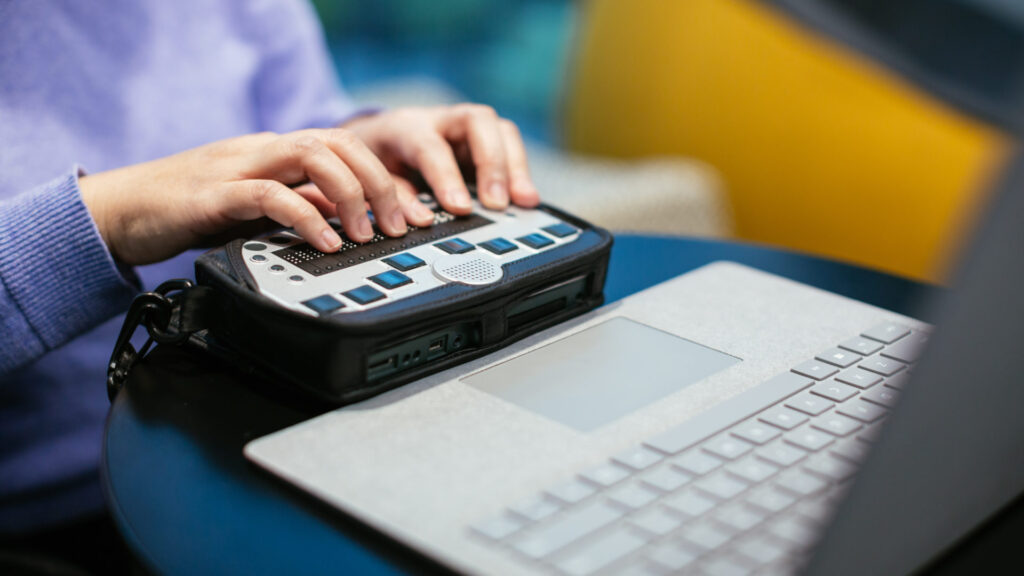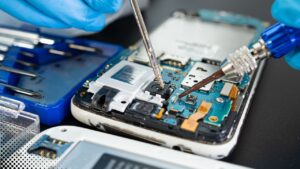
Assistive Technology NDIS Shop
The National Disability Insurance Scheme (NDIS) continues to evolve, ensuring that Australians with disabilities have access to essential assistive technologies (AT) that enhance independence and quality of life. In 2025, the NDIS has expanded its support for a diverse range of AT solutions, reflecting advancements in technology and a deeper understanding of participants’ needs.
Understanding NDIS Assistive Technology Funding
NDIS categorizes assistive technologies based on their cost and complexity:
- Low-Cost AT: Items under $1,500, such as non-slip mats or basic magnifiers. These typically don’t require quotes or assessments.
- Mid-Cost AT: Ranging from $1,500 to $15,000, including items like shower chairs or communication devices. These require written evidence from a professional.
- High-Cost AT: Exceeding $15,000, such as power wheelchairs or vehicle modifications. These necessitate both professional assessments and quotes.
Participants can access these items through the Assistive Technology NDIS Shop, which offers a wide range of ndis consumables tailored to individual needs.
1. Mobility Aids: Enhancing Independence
Mobility aids remain a cornerstone of NDIS support, facilitating movement and independence for participants.
- Manual and Power Wheelchairs: Customized to individual needs, these devices offer mobility solutions for various terrains and lifestyles.
- Mobility Scooters: Ideal for outdoor use, providing freedom for those with limited walking ability.
- Walking Frames and Rollators: Offering stability and support for daily activities.
These aids are essential for participants to engage in community life and maintain autonomy.
2. Communication Devices: Bridging the Gap
Effective communication is vital. NDIS funds a range of devices to assist those with speech or hearing impairments.
- Augmentative and Alternative Communication (AAC) Devices: Tools like speech-generating devices or communication boards.
- Hearing Aids and Cochlear Implants: Enhancing auditory input for individuals with hearing loss.
- Personal Amplifiers: Assisting in one-on-one conversations or small group settings.
These technologies empower participants to express themselves and connect with others.
3. Smart Home Technologies: Modernizing Daily Living
The integration of smart technologies into homes has revolutionized daily living for individuals with disabilities.
- Voice-Activated Assistants: Controlling lights, appliances, and more through voice commands.
- Automated Doors and Windows: Facilitating easier access and ventilation.
- Environmental Control Units (ECUs): Allowing control over various home systems via adapted switches or voice commands.
Such innovations promote independence and safety within the home environment.
4. Personal Care and Hygiene Aids: Ensuring Dignity
Maintaining personal care is crucial. NDIS supports various aids to assist in daily hygiene routines.
- Shower Chairs and Stools: Providing stability during bathing.
- Raised Toilet Seats and Commodes: Facilitating easier transfers and comfort.
- Bath Transfer Benches: Assisting in safe entry and exit from the bathtub.
These tools ensure that participants can manage personal care with dignity and minimal assistance.
5. Cognitive and Sensory Aids: Supporting Mental Well-being
For individuals with cognitive or sensory challenges, specific technologies can make a significant difference.
- Memory Aids and Electronic Organizers: Helping manage schedules and tasks.
- Sensory Integration Tools: Assisting those with sensory processing disorders to engage with their environment comfortably.
- Communication Apps: Facilitating social interactions for individuals with autism spectrum disorders.
These aids support mental well-being and social engagement.
6. Vision and Hearing Support: Enhancing Perception
NDIS provides funding for technologies that assist those with visual or auditory impairments.
- Screen Readers and Magnifiers: Enabling access to digital content.
- Braille Displays: Allowing tactile reading of digital text.
- Alerting Devices: Such as vibrating alarms or flashing doorbells for individuals with hearing loss.
These tools ensure that participants can perceive and interact with their surroundings effectively.
7. Vehicle Modifications: Expanding Mobility
For participants who drive or are transported regularly, vehicle modifications can be life-changing.
- Hand Controls and Steering Aids: Allowing individuals with limited limb function to drive safely.
- Wheelchair Lifts and Ramps: Facilitating easy access to vehicles.
- Modified Seating: Ensuring comfort and safety during travel.
Such modifications enable greater community participation and independence.
8. Educational and Workplace Technologies: Promoting Inclusion
Access to education and employment is vital. NDIS supports technologies that facilitate learning and work.
- Adaptive Keyboards and Mice: Catering to various physical needs.
- Speech-to-Text Software: Assisting those with writing difficulties.
- Ergonomic Furniture: Providing comfort and support in educational or work settings.
These tools promote inclusion and equal opportunities.
9. Recreational and Leisure Aids: Enhancing Quality of Life
Engaging in leisure activities is essential for well-being. NDIS funds various recreational aids.
- Adaptive Sports Equipment: Enabling participation in physical activities.
- Accessible Gaming Devices: Allowing enjoyment of video games.
- Artistic Tools: Designed for individuals with physical limitations.
These aids enrich lives and foster community engagement.
10. Consumables: Everyday Essentials
NDIS also covers consumables that support daily living.
- Incontinence Products: Such as pads and protective bedding.
- Nutritional Supplements: For those with specific dietary needs.
- Wound Care Supplies: Ensuring proper healing and hygiene.
Conclusion
In 2025, the NDIS continues to provide comprehensive support for a vast array of assistive technologies, reflecting its commitment to enhancing the lives of Australians with disabilities. By funding these essential tools, the NDIS empowers participants to lead more independent, inclusive, and fulfilling lives.



